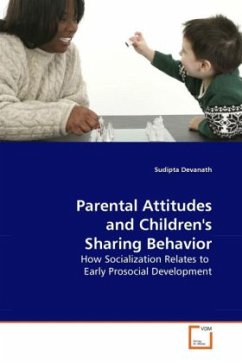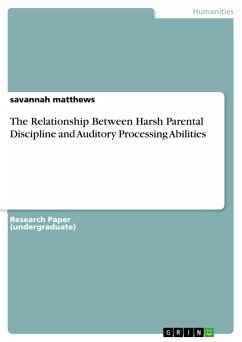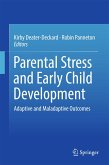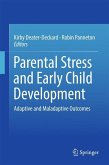Parents are always trying to influence what their child becomes. One way to study that is to examine what aspects of parental behavior and attitude are related to the child's behavior. The current study examined the relationship of the following variables with young children's prosocial behavior: age, sibling status, family income, and parental education, parental altruistic behavior, parental affiliative tendency, and parental socialization goals. The family experience variables were collected using The Family Experiences Questionnaire which was adapted from the work of Keller (2007), Mehrabian (1972), and Smith (2005). Children's prosocial behavior was assessed through a series of in-lab sharing tasks, involving low-cost sharing, in which the child could give just one item out of a group of items to share with a distressed adult who had nothing to play with. The results show that there are multiple family-based correlates of early prosocial behavior and that those vary by the child's age and what must be shared.
Bitte wählen Sie Ihr Anliegen aus.
Rechnungen
Retourenschein anfordern
Bestellstatus
Storno








